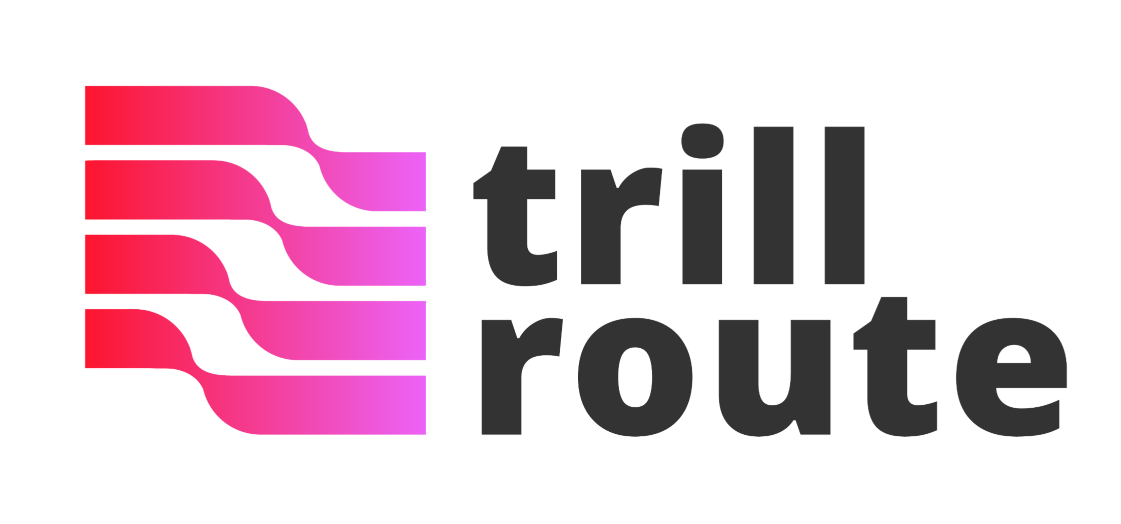COURSES
CONCERTS & EVENTS
ACCOUNT
Trill Route admissions involve a two-way match. The assessment allows teachers and students to discuss goals, expectations, and opportunities.
Choose a course
STEP 1
Explore our at-center courses and choose a course that you find interesting.
Fill the details required in the form so that our team can get back to you with required information .
Schedule an assessment
STEP 2
Our team will help you schedule an assessment with our at-center teachers and course coordinator.
Assessment session helps you gain thorough knowledge about the course you are interested in.
Get advice
STEP 3
Once you get required information or advice from our teacher, our team will help you enrol through our app or via office.
ADMISSIONS
Speciality courses at trill route, Indiranagar
Choose from our range of specialised music courses, designed to help you develop your skills and explore your potential in music.
trill route experience
at-center
Premium learning experience
Acoustically treated classrooms
Live performance venue
Integrated studio for recording
At the heart of Bangalore
State of the art equipments
.jpg)
ENSEMBLES & RECITALS
Gain valuable performance experience in a supportive and low-pressure environment to build confidence. Set and work towards specific musical goals. Build a sense of community that provides opportunities for networking and collaboration.



WE CREATE IMPACTFUL EXPERIENCES
ARTIST SESSIONS
Trill Route offers workshops that supplement your music learning. Develop real-world skills, gain knowledge and connect with other musicians through our expert instruction and specialised events & workshops.
Workshops & events

QUARTERLY RECITALS
An in-house seasonal student concert series for skill development and feedback from teachers. Designed for all students as non-competitive environment to grow, improve and be a part of a supportive music community.
Intramural series

ANNUAL CONCERT
Discover your potential as a musician through our annual concert series 'Discovery'. The biggest opportunity for our students to perform in a professional venue and in front of a large audience.
Discovery

Your personal music school on the Go

Live classes
Join interactive and engaging live classes with expert instructors, in real-time for an immersive learning experience.
Schedule sessions
Flexibility to schedule music lessons at your convenience, at any time and date that works best for you.
Social learning
Connect and learn with other music enthusiasts through group sessions, peer feedback and collaborative learning opportunities.
Get rewarded
Progress tracking and rewards system to motivate learning, track your progress and achieve your goals. Stay motivated to practice more.
One on one & Duo lessons
Improve your musical skills by selecting from our variety of music lessons that focus on specific instruments. Our experienced instructors will help you learn and master the nuances of your chosen instrument, allowing you to reach your full potential.


✓ Age-wise groups
✓ Group rehearsals
✓ Monthly setlist
✓ Audio recording
✓ Live performance
HIGHLIGHTS

Find your musical tribe, in an inspiring environment.
Welcome to our state-of-the-art music learning facility. We help students of all ages and skill levels unlock their full potential. Join us on a journey of discovery, creativity, and growth and experience the joy of making music.






HIGHLIGHTS
✓ Jams / rehearsals
✓ Private & group prep
✓ Performance grooming
✓ Recording sessions
✓ Produced audio & video
✓ Live performance


JAZZ HARMONY BASICS
Take your playing to new heights with 'Jazz harmony' - a program designed for musicians to delve into the world of jazz music, and explore its diverse sub-genres with a focus on arrangement, harmony and more.
Duration: 12 weeks | Level: Intermediate


✓ Jazz harmony foundation
✓ Group & Private lecture
✓ Learning resources
✓ 32 hours learning
✓ Mini project
✓ Ensemble
HIGHLIGHTS
Jazz Up Your Skills.


HIGHLIGHTS
✓ Introduction of music
✓ Singing + Instruments
✓ Rehearsals
✓ Live performance
✓ Student report
✓ Photos & Videos


✓ 50 hours of lecture
✓ Artist workshop
✓ 1-on-1 studio time
✓ Weekly Q&A video calls
✓ Learning resources
✓ Post course support
Highlights


HIGHLIGHTS


_edited_edited_edited.jpg)






.png)
